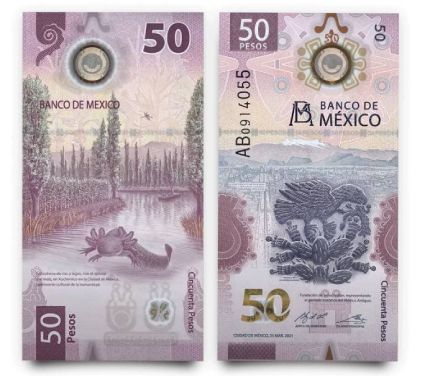※Translated with Notion AI. (Plus version)
In response to the structured bond scandal, many securities companies have stopped selling structured bonds such as EB bonds.
However, on the other hand, “high-interest currency bonds” continue to be sold through online securities.
These high-interest currency bonds have been sold to individuals for many years in Japan, initially starting with the South African Rand, and then offering currencies like the Brazilian Real, Russian Ruble, Turkish Lira, and Mexican Peso one after another.
Fundamentally, high-interest currency bonds appear to be high-interest products, but in reality, they are highly volatile foreign exchange products (FX Play).

Even in SEREN, active international financial economists have repeatedly pointed out that the shelf life of foreign exchange predictions is not a few weeks, but a few days.
It is unclear whether those who invested in Mexican Peso bonds a few months ago are currently making a profit.
Due to the nature of these products, it is widely known that many individual investors suffered losses due to the depreciation of the Turkish Lira.
Currently, the trend in high-interest currency bonds seems to be the Mexican Peso.
A salesperson from a securities company has also approached me, making clever sales pitches such as “Mexico is the largest economic zone in Latin America” and “It can be considered as having high interest rates like the U.S.“

However, having been involved in international finance for many years, I cannot make an investment decision based on such reasons.
This is because the explanation of Mexico’s individual fundamentals, exchange rate fluctuation factors, and risks is insufficient.
Why can’t Japanese securities companies convey this information? The answer is simple.
They do not employ experts in each country.
They merely delegate analysis to foreign banks that create these products.
Normally, investment decisions are made by finding grounds and logic from several perspectives and judging from probability theory.
Entrusting this to a single creation company is also very close to being highly irresponsible.
In other words, it is not that they “do not convey,” but that they “cannot convey.”
I feel a sense of crisis that such products are still being sold in the individual investor market, so I conducted a hearing with a renowned Brazilian economist who is a former colleague.
He is a reliable expert who served as the Chief Economist for Latin America at a major investment bank in New York and is currently living in São Paulo, working as an economist for Brazil’s largest conglomerate and an advisor to a government think tank.
If you are currently considering investing in high-interest currency bonds, you should not deal with a securities company that cannot answer at least the following questions.
Also, if individual investors cannot understand the following answers, they should refrain from investing in “high-interest currency bonds.”
I hope his answers will help with your investment decisions.
Now, let’s introduce the content of the hearing.
Q1: What is Mexico’s position in Latin America?







